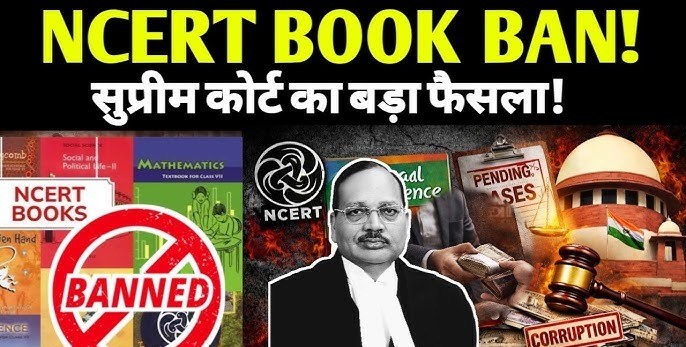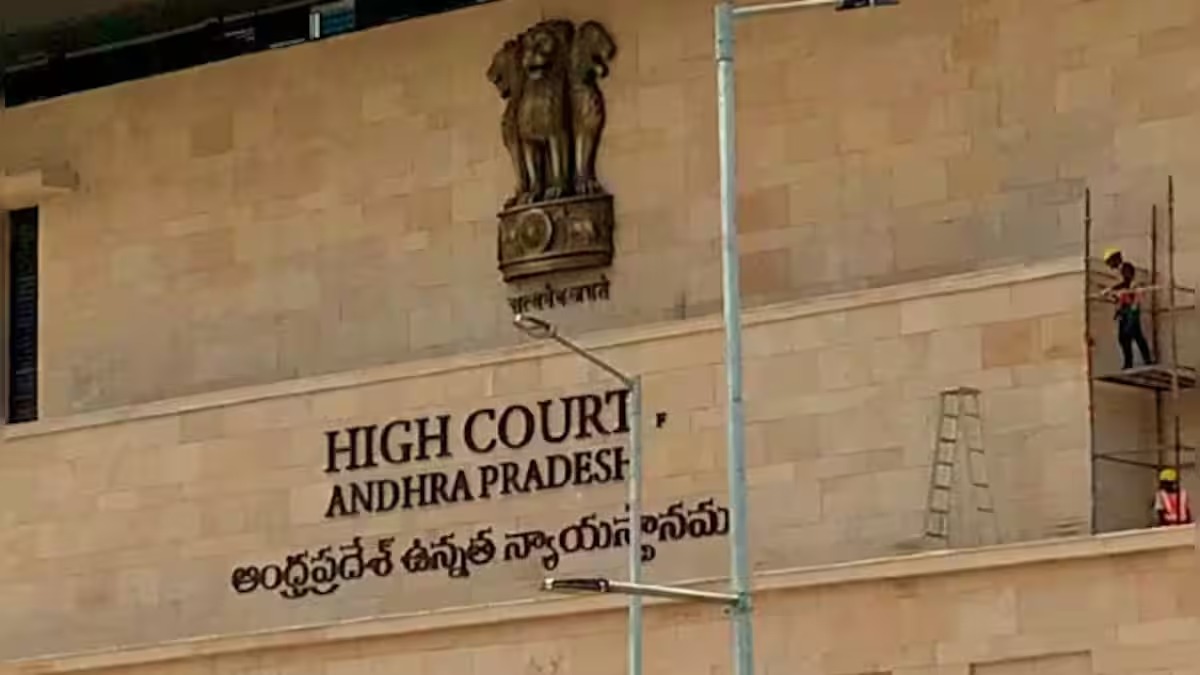Challa Kodanda Ram, J.@mdashAppellant is the petitioner in W.P. No. 17145 of 2003. He felt aggrieved by the dismissal thereof. The brief facts are as under:
2. The appellant was working as an Assistant Manager of the 3rd respondent-Bank. Charge sheet was issued to him alleging that he misappropriated a sum of Rs. 15,000/- belonging to a customer by name Smt. K. Savithri and Rs. 34,000/- belonging to R. Panduranga Rao. In the domestic enquiry, ten charges were held to be proved. Punishment of compulsory retirement was imposed through an order dated 06.02.2002. In the departmental appeals, he was not successful. The writ petition was filed challenging the order of punishment. The writ petition was dismissed on 24.12.2013.
3. Learned counsel for the appellant submits that only Xerox copies of the complaints were produced and the request for producing originals of the complaints were rejected. He contends that before relying on the Xerox copies of complaints, the necessary formalities to prove the same acceptable secondary evidence were not complied with. It is also argued that one of the complainant R. Panduranga Rao was not examined at all and thereby his statements made before the Investigating Officer were not put to test, causing prejudice to the appellant. Another contention is that the enquiry report was not furnished before issuance of show-cause notice by the disciplinary authority but the same was furnished along with show-cause notice. Violation of principles of natural justice is also pleaded.
4. On the other hand, the learned counsel for the respondent submits that various findings recorded by the enquiry officer and the analysis made by the learned single Judge while dealing with the challenge to the orders of the authorities below, are on the basis of record. He contends that once the charges are held proved in the departmental enquiry and no fault is established as to procedure, there is no way, the order of punishment can be found fault with. He prays for dismissal of the appeal.
5. A perusal of the record would reveal that the enquiry officer had categorically found that the two charges levelled against the appellant were proved and they are all grave in nature. The first charge relates to acceptance of cash of Rs. 15,000/- from a lady customer on 07.01.2000 and issuing of a current account counterfoil instead of fixed deposit receipt. The Investigating Officer had recorded the statements of the customer and he was examined. Later during the domestic enquiry, the customer who was examined as M.W. 3, had deposed that she had called up her cousin on the evening of 07.01.2000 not to deposit the money in fixed deposit account and the money may be kept with the appellant to be collected from the appellant later. However, in the enquiry, it came to light that the money was returned to the customer on 20.01.2000 when she threatened to lodge a complaint. Apprehending adverse consequences and apprehending that the misappropriation may be exposed, the appellant is said to have issued a counterfoil in the instance case. However, a counterfoil which is used in respect of current deposit account with round seal, was issued instead of the one for fixed deposit receipt. Simply because the customer did not lodge a complaint and the money has been returned to the customer, the illegality can not be wiped away. This aspect was elaborately considered by the enquiry officer, disciplinary authority and appellate authority. The same being essentially a question of fact and the conclusions arrived by the authorities below not vitiated on account of any non consideration and non application of mind, the order of punishment cannot be interfered with.
6. The second charge relates to the allegations of misappropriation of Rs. 34,000/- by raising a loan on the fixed deposit receipt of Rs. 40,000/- of the customer. The finding of the enquiry officer is that the appellant came into possession of the original fixed deposit receipt of Rs. 40,000/- on 22.12.1999, which was due to be matured on 27.02.2000; and by misleading the customer, he raised a loan for Rs. 34,000/- on 22.12.1999 without the knowledge of the customer, and made personal use of the same. The customer made a complaint and the investigating officer had recorded his statements. In the departmental enquiry, it was found that the appellant had obtained signatures of the customer on the revenue stamps, the reverse of the fixed deposit receipt, Form 60H and on the Debit Slip. The signatures on revenue stamp affixed on the reverse of fixed deposit receipt is for evidencing the discharge of the same, and Form 60H is a specific prescribed form obtained only for furnishing demand loan on deposits. The signatures on debit slip are to prove payment to the customer. The various steps involved are clearly the procedural requirements which go to confirm raising of a loan based on the fixed deposit receipt which the customer never intended to. As a matter of fact it was the appellant who had raised the loan without the knowledge of the deposit holders.
7. The charges levelled and proved against the appellant are grave and serious in nature. They establish the lack of highest degree of honest and integrity which is required for a bank employee who is handling the public money in bank system. There is no procedural irregularity in conducting of the domestic enquiry and the principles of natural justice were scrupulously followed.
8. The learned single Judge had taken into consideration various judicial precedents to the effect that in the domestic enquiry, the strict principles of Evidence Act as required in a criminal case are not applicable and non examination of one of the complainants does not vitiate the enquiry proceedings. We do not find it necessary to refer and repeat the precedents which was cited before the learned single Judge as they are already on record. On totality of circumstances, we do not find any error of either appreciation of fact or law by the learned single Judge in dismissing the writ petition filed by the appellant. In the circumstances, the well considered judgment of the learned single Judge, does not call for any interference.
9. Accordingly, the writ appeal is dismissed. Miscellaneous Petitions, if any pending in this appeal shall also disposed of. There shall be no order as to costs.

